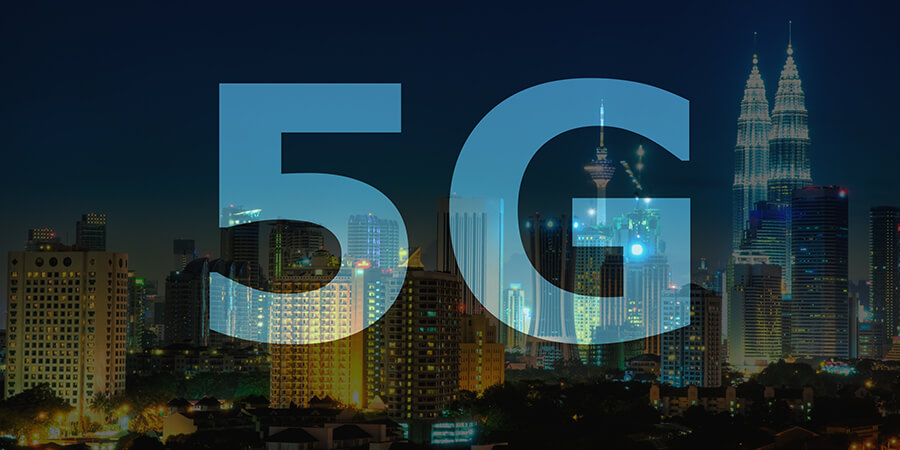In an effort to allay ongoing worries about costs and competition with the current single state-run network, the Malaysian government said it will permit the implementation of a second 5G network next year.
An initiative for a state-owned vehicle to own all 5G spectrum was unveiled by former Prime Minister Muhyiddin Yassin in March 2021. Using the network infrastructure, different carriers would be able to offer 5G services throughout Malaysia via wholesale or MVNO contracts.
A single state-run 5G network might lead to a nationalized monopoly, citing concerns over price and transparency raised by Malaysia's 5G roll-out by state agency Digital Nasional Berhad (DNB).
The new Malaysian government has said that it is reconsidering the rollout of the country's 5G network due to these concerns. In light of the lack of transparency, the new Prime Minister, Anwar Ibrahim, decided to reconsider these proposals.
Communications Minister Fahmi Fadzil stated, “This [new] model also takes into account the sustainability of the telecommunications industry ecosystem in Malaysia, thus ending the monopoly element that is often associated with DNB.”
According to the official, DNB is now covering 57.8% of the most populated regions and is on target to cover 80% of them by the end of the year.
Major operators in the country had urged Malaysia's previous administration to launch a second 5G network to promote competition, but their recommendation was rejected.
The impact of this new decision on DNB's current contracts with Ericsson and other mobile operators is not yet known.





